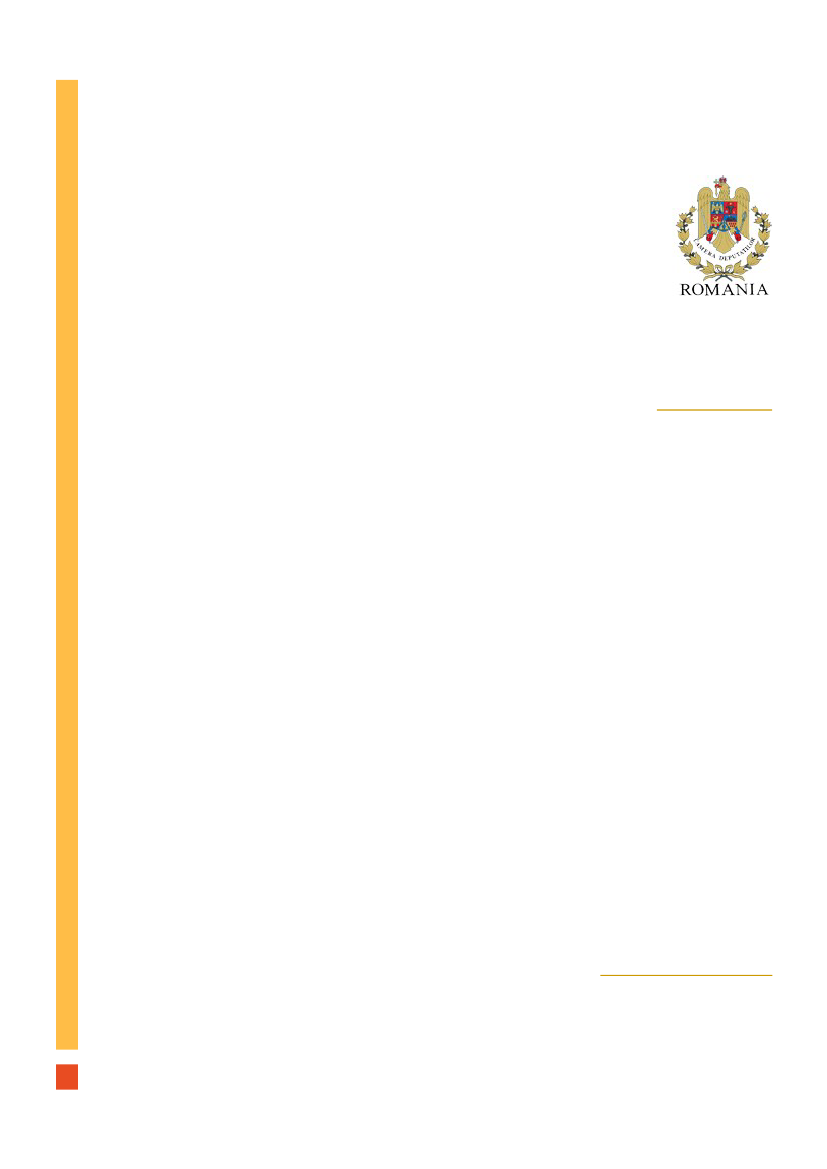
PARLIAMENT OF ROMANIA
CHAMBER OF DEPUTIES
DIRECTORATE FOR STUDIES AND LEGISLATIVE DOCUMENTATION
Reply to ECPRD Request No. 6116
The offering of a financial advantage in exchange for the resignation of
a seat in parliament
IRINA-SORINA ANASTASE,
Parliamentary Counsellor